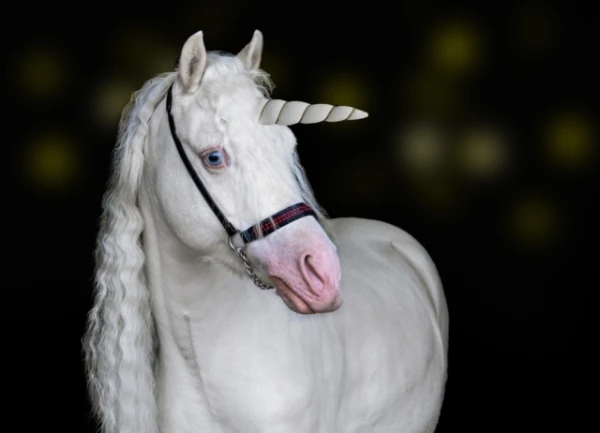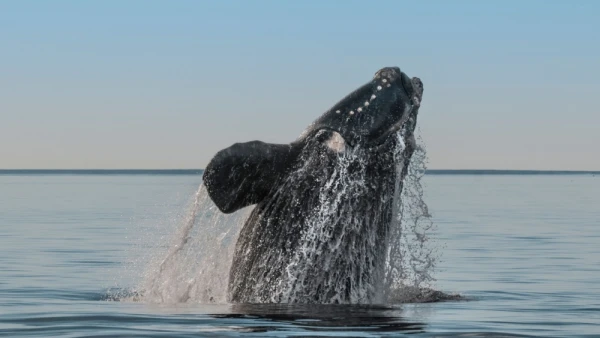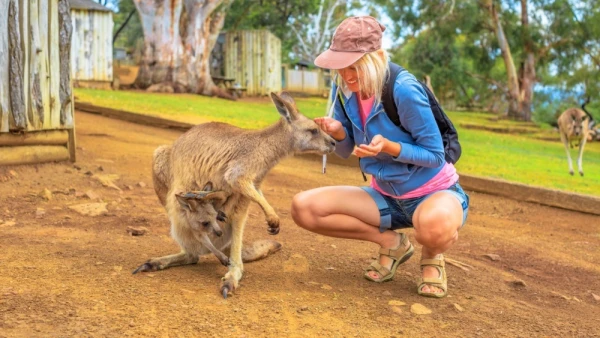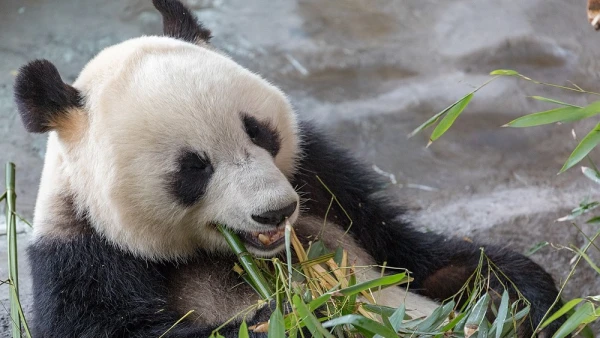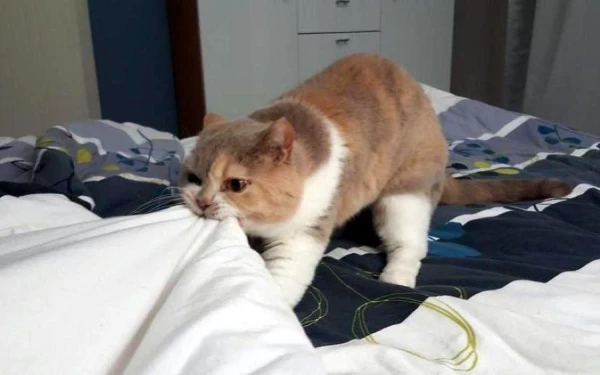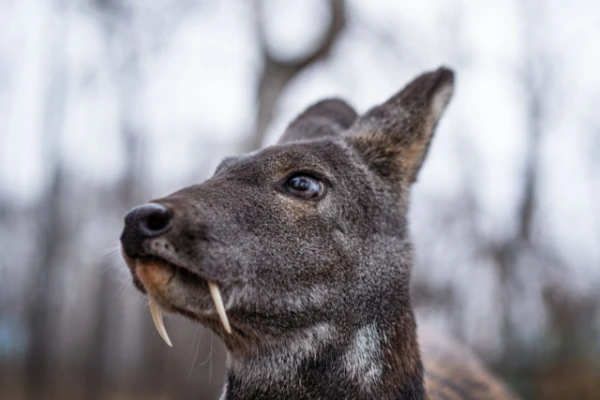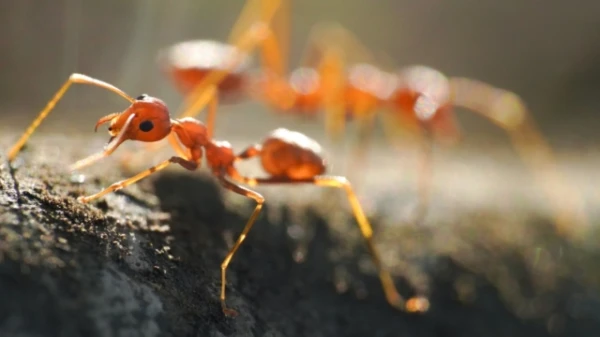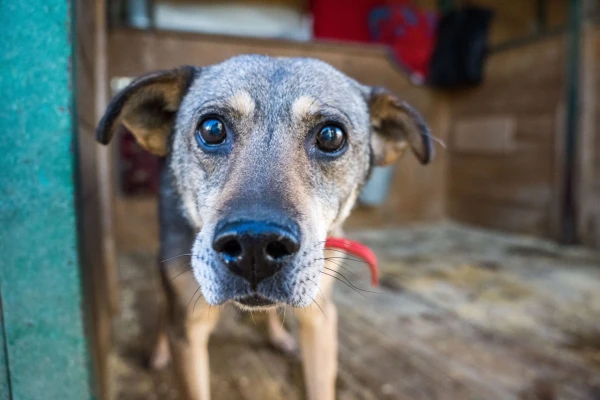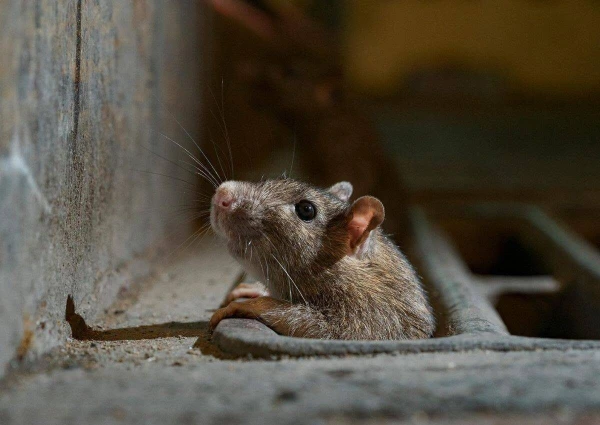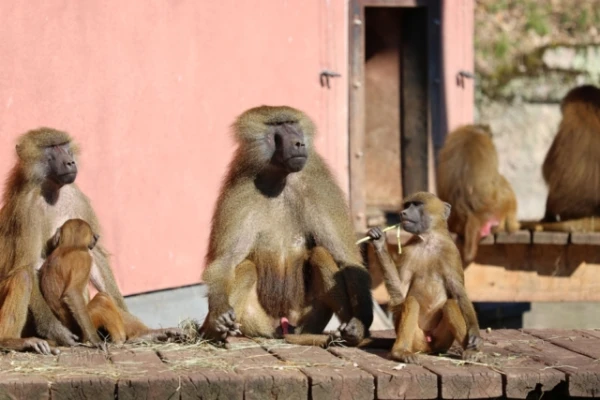
A study of Guinea baboons in Senegal showed that these primates distribute meat according to the strength of social bonds. Closest partners receive food peacefully and calmly, while interactions with less close individuals more often lead to scuffles and thefts.
Baboons live in a multi-layered social structure: the strongest bonds are formed within 'units' — groups consisting of one male, several females, and their offspring. Several units form a 'party', and parties unite into a 'band'. As social distance increases, the share of peaceful meat exchange decreases, giving way to conflicts.
In the scientists' observations, the exchange occurred passively: one baboon would start eating, and then another — a close member of the same group — would take part of the food without resistance. This tolerance facilitates the smooth redistribution of limited resources and resembles how food was initially shared within families among ancient humans, and only later with neighbors.
The discovery underscores the importance of social connections for the survival and internal 'economy' of animal communities, as well as demonstrating their similarity to human principles of exchange and mutual aid.
